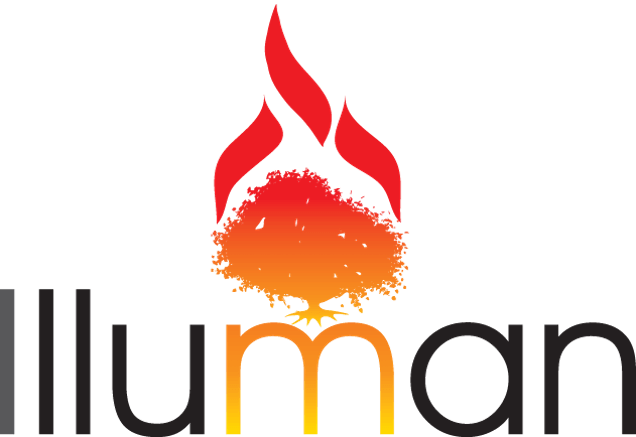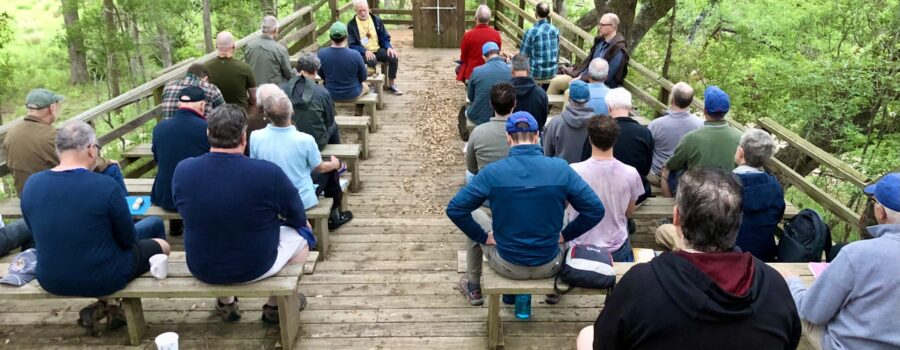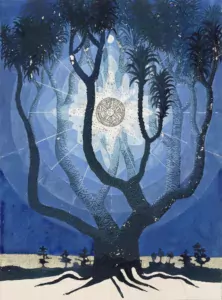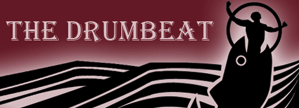by Belden Lane, Wisdom Elder Emeritus
“We are men transforming men through a power greater than ourselves.”
As Illuman begins a period of reexamining and refining our mission, vision, and values as a community of men, it’s important to ground this work in the unique spiritual heritage in which our organization is rooted. Looking back on Illuman’s history, one way of viewing our spiritual roots is to say that from our origins in the Roman Catholic tradition, we’ve moved to the Christian tradition-in-general, beyond that to the broader Judeo-Christian tradition, and then to a still-wider base in the Perennial Tradition, welcoming people of all faiths and spiritualities (or none at all). I’m not sure if that adequately describes the trajectory we’ve been on or if it clarifies what has most energized and sustained us. But, assuming it captures at least part of the truth, I’m wondering, now, how central the Perennial Tradition should continue to be for us.
One of the best summaries of the Perennial Tradition comes from Aldous Huxley’s The Perennial Philosophy. There, he defines it as “the philosophical and religious tradition that sees all the world’s religions as sharing a single, metaphysical truth or origin from which all esoteric and mystical knowledge ultimately derives.”* It’s a classic text that I appreciate and agree with, but there’s very little passion or transformative power in it. It does a good job of describing the commonalities shared by the great religions, but it isn’t, in itself, life-changing. For me, it’s too generic, too intellectual.
If Illuman was to ground its work in a lowest common denominator, the Perennial Tradition might be a good choice. It would underscore our sharing of a common metaphysical truth as held by most faith traditions. But I’m wary of reducing our “highest values” to the barest minimum on which we can agree. It’s like feeding on the thinnest gruel that we can all find acceptable.
I’d like to see us also affirming a highest common denominator that we share in common—that is, the Mystical, Contemplative Traditions. These include the riches of the mystics from all the great faith and indigenous traditions—from Rumi, Hafiz, the Kabbala, the Baal Shem Tov, and Black Elk to Thich Nhat Hanh, Kabir, Lao-tzu, John of the Cross, and Julian of Norwich. These are the storytellers, the poets, the provocateurs, and the passionate lovers who have been driven by life-changing experiences. They struggle to put it into words, but their experience keeps them moving back into contemplation and silence and forward into compassion and action. Each of them brings a unique and delicious meal to be shared at the common table—so much more satisfying than a thin and tasteless gruel chosen so as not to offend anyone.
Illuman’s founder, Richard Rohr, taught us both of these approaches. He happily identified himself with the Perennial Tradition, affirming the unity of all people of faith. He also spent his life delighting in the passion and diversity of the mystics. The former commits us to what we affirm as the “power greater than ourselves.” The latter is what allows us to be truly “transformative.” We need both.
It seems to me that we’ve been “doing” both all along in Illuman—in the stories we tell, the poems we read, the rituals we enact, and the contemplative practices we teach; as well as in the gifts of hospitality we observe in making every single man welcome. This is what feeds our rites, retreats, chapters, and larger gatherings. It’s what proves transformative for us. It’s an “experience” of the holy—coming through deep love, deep suffering, deep nature, or deep ritual—that changes people, not merely an affirmation of shared concepts and ideas.
* Aldous Huxley, The Perennial Philosophy (New York: Harper Perennial, 2004), xi.







Leave a Reply
Your email is safe with us.
You must be logged in to post a comment.